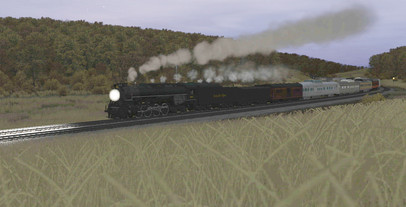HOME | DD
 SeanFreeman147 — How to Pop Your Ears
SeanFreeman147 — How to Pop Your Ears

#fitness #health #healthcare
Published: 2023-04-03 04:26:03 +0000 UTC; Views: 264; Favourites: 0; Downloads: 0
Redirect to original
Description
Have you ever had problems with your ears while on a plane flight? Your ears suddenly seem blocked. Perhaps someone suggested chewing gum. While chewing gum can sometimes work, it is unlikely that you are aware why. Here are some ways to clear your ears if your feel your ears pop .
Your Ears and PressureYou will be surprised to learn that your ears are very adept at controlling pressure. Eustachian tubes are a tiny piece of anatomy that allows the pressure inside your ears to regulate, modify and even equalize the pressure outside. Normally.
If your Eustachian tube are not adjusting well, inequalities can lead to problems. You may experience something called barotrauma if you are sick or have fluid buildup in your ears. This is an unpleasant and sometimes painful sensation that can occur when pressure differential causes the ears to feel uncomfortable. This is what you might feel when driving or flying in very high mountains.
Normal pressure changes are not noticeable. If your Eustachian tubes don't function properly or the pressure changes are sudden, you may feel pressure, pain, and crackling.
Where is the Crackling Originating from?It's possible to be curious about the source of crackling, as it isn't common in daily life. Crackling sounds are often compared with "Rice Krispies". Crackling is usually caused by air moving around obstructions in the eustachian tube. These obstructions can be caused by unregulated air pressure changes, failure of eustachian tube, congestion, and other factors.
How to equalize the pressure in your earsNormal crackling is caused by pressure imbalances in the ears, especially if you are flying. To equalize your ear pressure, try the following:
- Toynbee Manoeuvre: This is basically swallowing in a more elaborate manner. Close your mouth and pinch your nose so that your nostrils are closed. This is often easier if you have a glass of water in your mouth (it keeps your mouth shut).
- Frenzel Manoeuvre: If nothing else works, this is it. Try making "k" sounds using your tongue while keeping your mouth closed and your nose pressed. Clicking might also work.
- Valsalva Manoeuvre: If you still have trouble, try this: After pinching your nose, close your mouth and closing your mouth, blow out the air out. Theoretically, you should neutralize the pressure if the air you blow out is not moving over your eustachian tube.
- Yiawning: For the same reason swallowing can be very effective, you might also try yawning. If you have trouble forcing a yawn to come out, imagine someone else doing it. You'll be able to catch one.
- Swallow Your eustachian tube will open when you swallow, which neutralizes the pressure. This also reveals the truth behind the commonly accepted advice to chew gum while on a plane. The swallowing equalizes your ear, and chewing makes it swallow.
If none of these methods work, there are medication and devices that can help. These options and medications may not be the best for you. It all depends on what is causing your barotrauma and the severity of your symptoms.
In some cases, special earplugs can be used. Other situations could call for a nasal decongestant. Your situation will determine your response.
What is the Trick?Finding out what works best for you and your eustachian tube is the real trick.
If you still feel a blockage in your ear, you should schedule an appointment with us. This could also indicate loss of hearing.
















